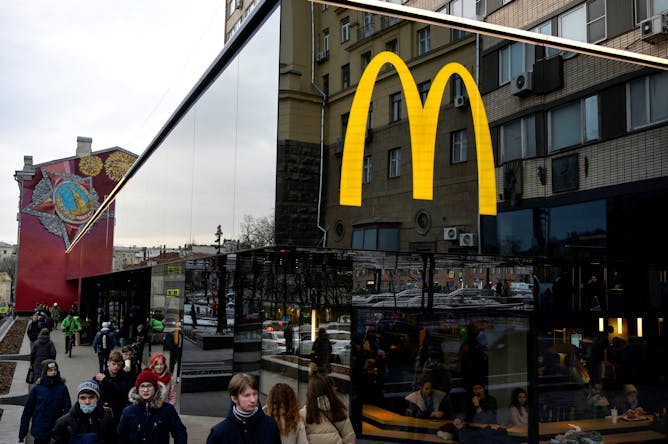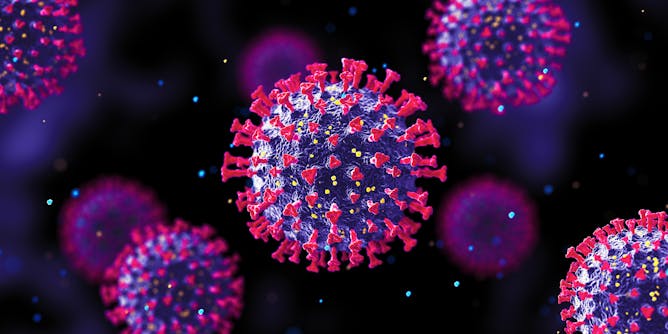|
Welcome to Sunday! Our top five articles of the past week are displayed below, and also available in a downloadable, printable edition. This is an experiment – if you find it useful, or have any suggestions, please let us know.
Here in New England, the ugliness of late winter is slowly yielding to warmer, sunnier weather. I’m getting the itch to get outside to clean up the yard and plant some cold-weather vegetables.
For the past few springs, as I’ve sorted through my seeds, I’ve thought of this 2020 article by Christina Gish Hill, an associate professor of anthropology at Iowa State University. With colleagues, Hill is studying an Indigenous gardening technique that brings together different plants in the same plot so that they can nourish and support one another.
“Native growers knew that planting corn, beans, squash and sunflowers together produced mutual benefits,” Hill writes. “Corn stalks created a trellis for beans to climb, and beans’ twining vines secured the corn in high winds.”
It’s a reminder to think holistically and try to learn a new trick every growing season. Hit reply and let me know what you’re planting this spring.
|

The McDonald’s flagship restaurant at Pushkinskaya Square – the first one of the chain, opened in the USSR on Jan. 31, 1990 – in central Moscow on March 13, 2022, McDonald’s last day in Russia.
AFP via Getty Images
Julia Khrebtan-Hörhager, Colorado State University; Evgeniya Pyatovskaya, University of South Florida
Those placing their faith in sanctions to turn Russians against the war in Ukraine know little about the country, its history and people, write two scholars who have studied Russian culture.
|

BA.2, one of three main omicron sublineages, is sweeping the world.
BlackJack3D/iStock via Getty Images Plus
Prakash Nagarkatti, University of South Carolina; Mitzi Nagarkatti, University of South Carolina
The latest addition to the omicron lineage has been making waves in Europe. Whether it will do the same in the U.S. depends on rates of vaccination and prior infection.
|
|
|
-
David Wallace, Mississippi State University
Every few centuries the sun blasts the Earth with a huge amount of high-energy particles. If it were to happen today, it would wreak havoc on technology.
-
Diana Cuy Castellanos, University of Dayton; John C. Jones, Virginia Commonwealth University
Efforts to make donated food as healthy as possible backfire if the recipients throw it out.
-
Timothy Barney, University of Richmond
Geographers often talk about the ‘silences’ of maps – what’s missing and unseen. Those silences can be as meaningful as what’s shown.
|
|